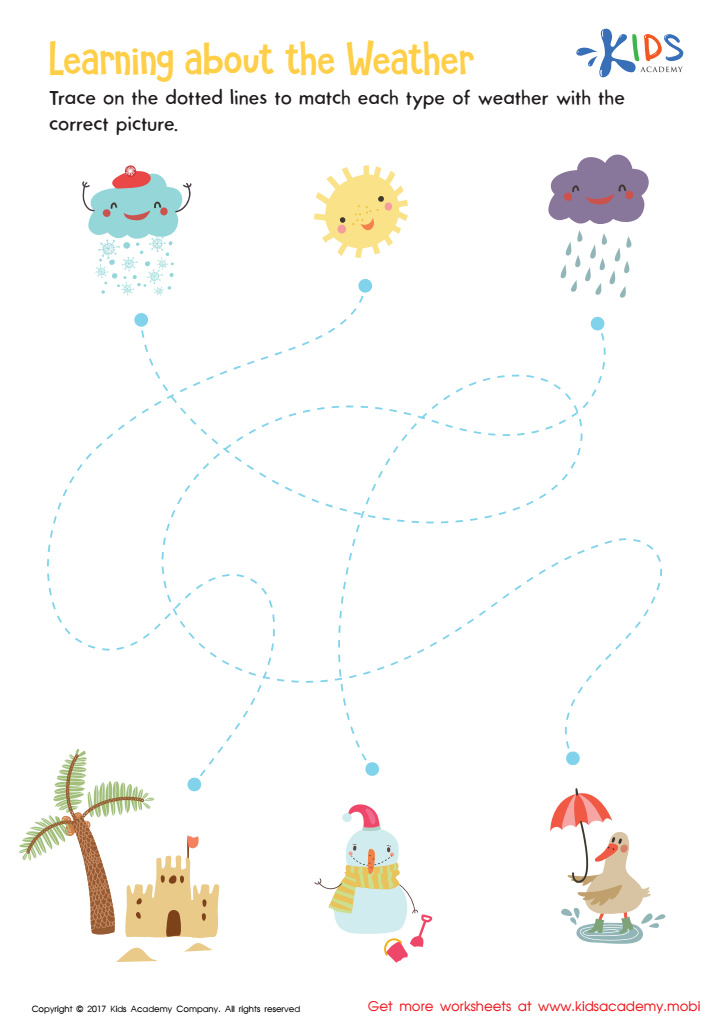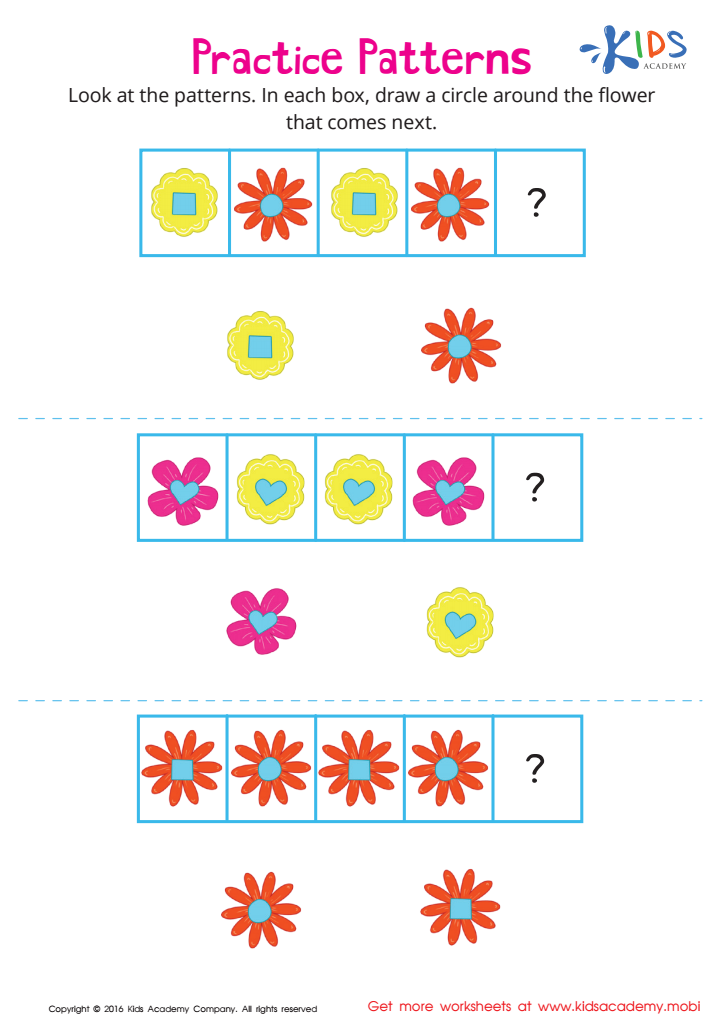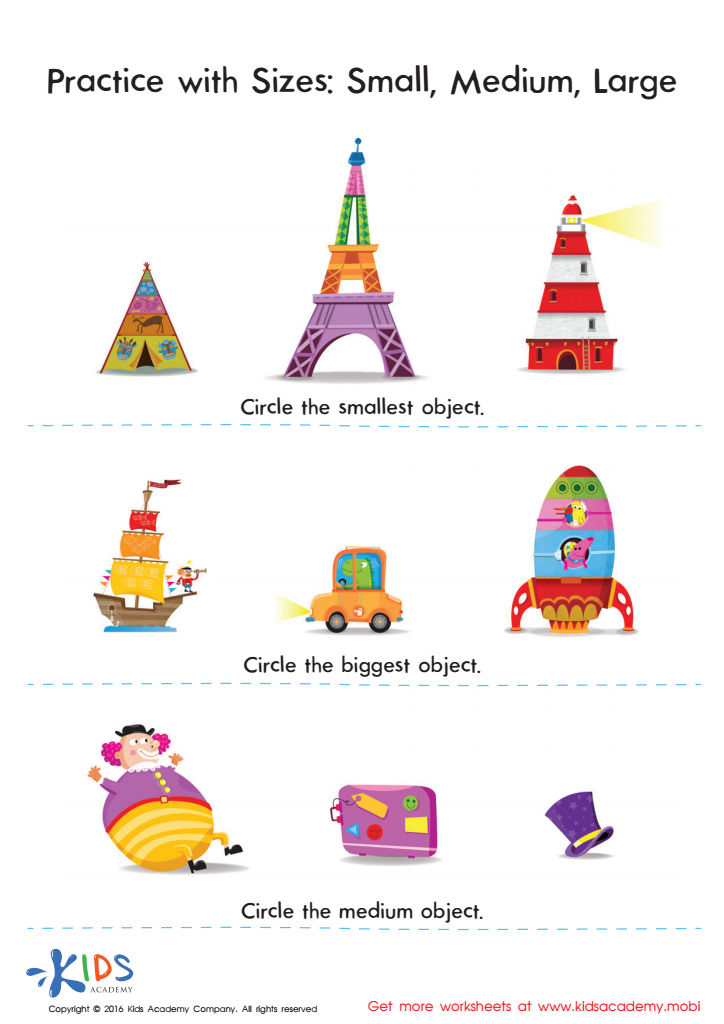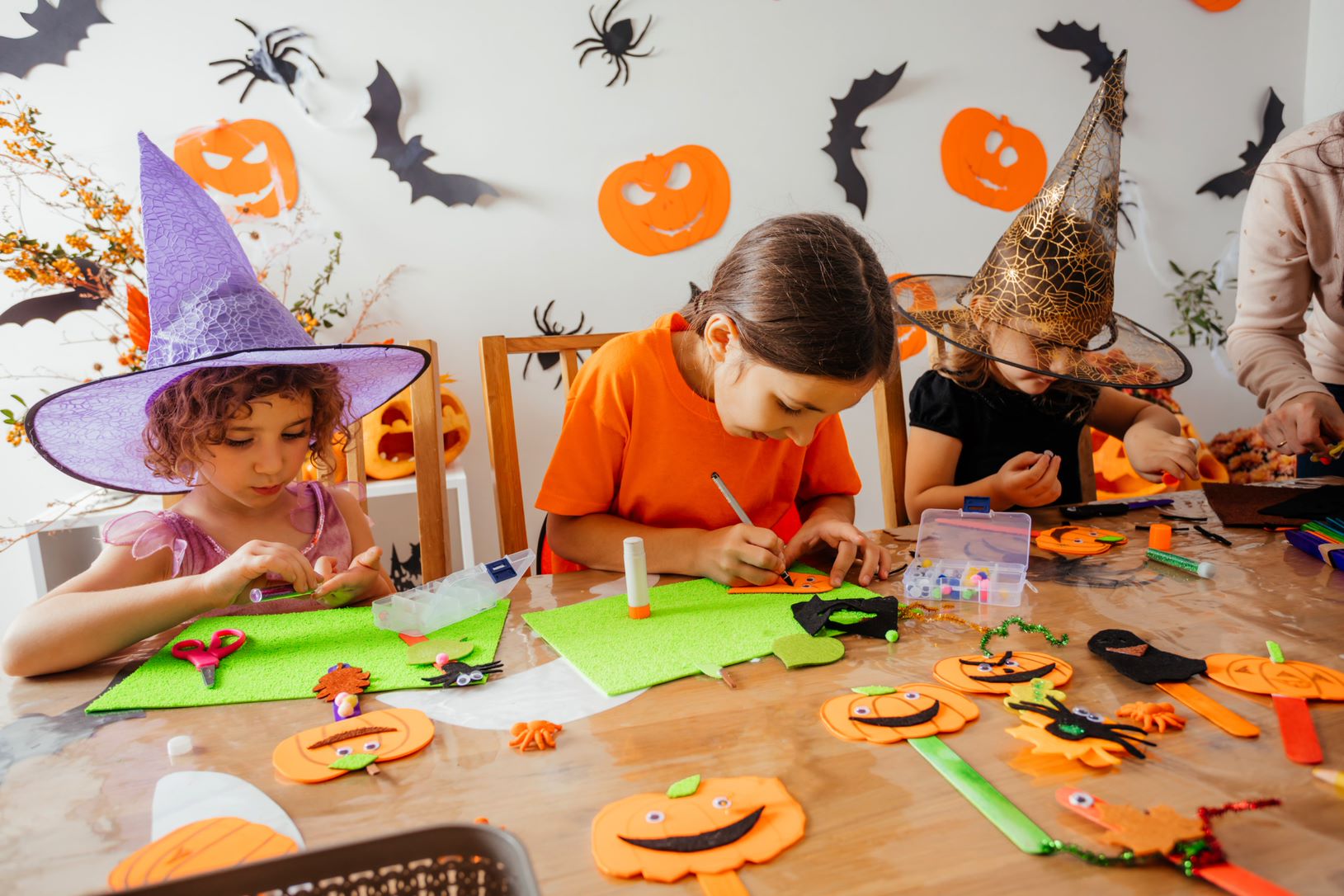Logical Thinking worksheets activities for Ages 6-8 - Page 4
86 filtered results
-
From - To
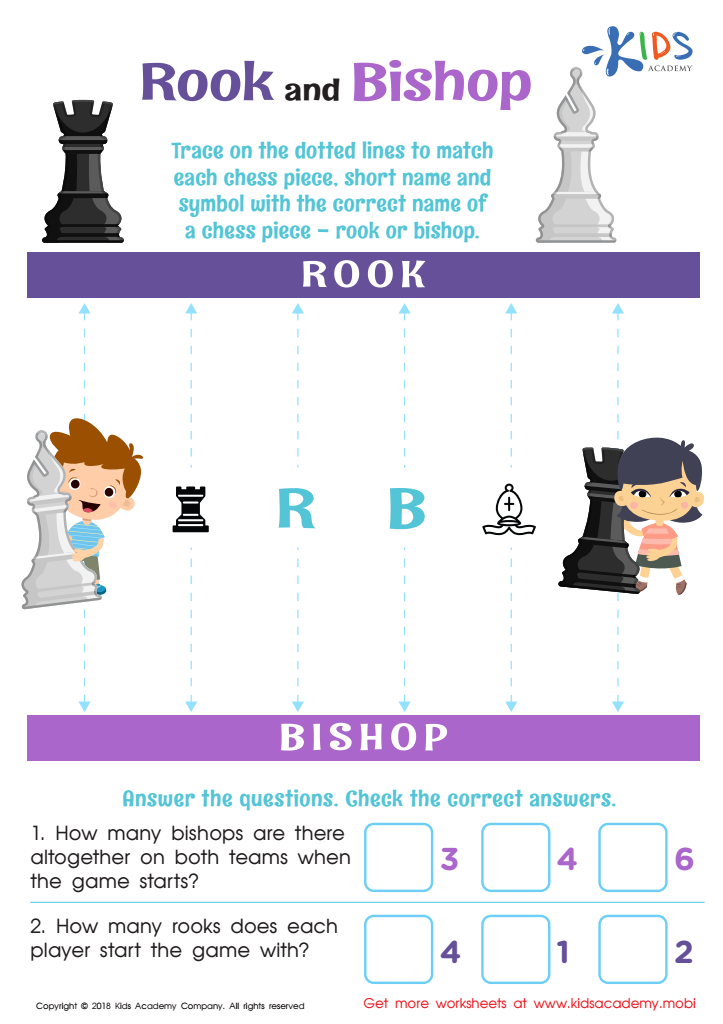

Rook and Bishop Worksheet
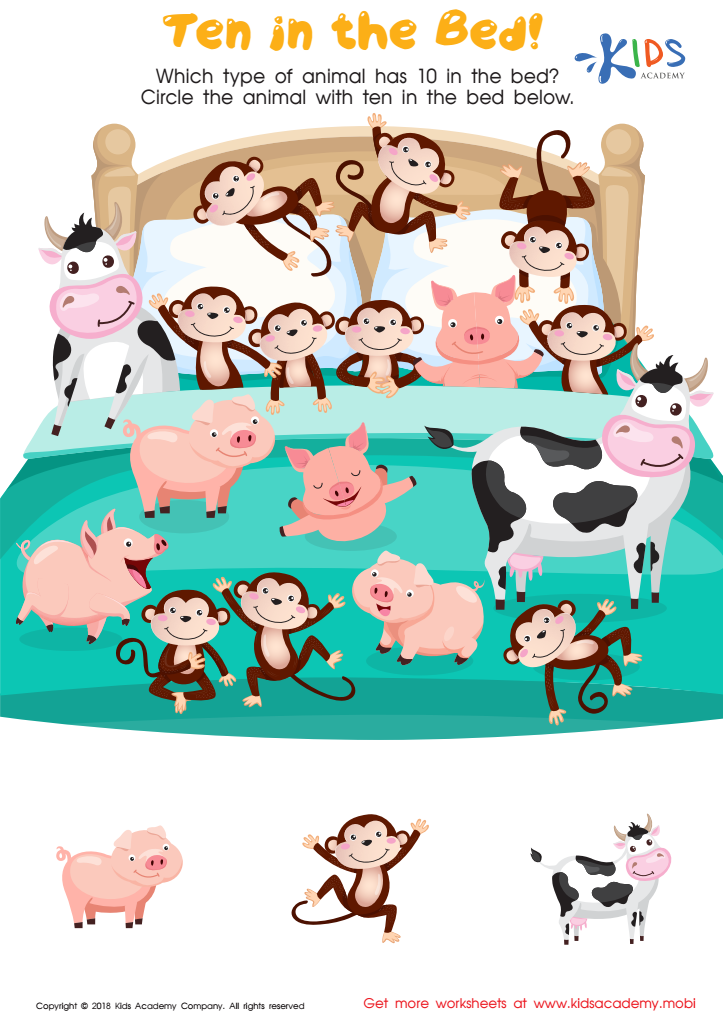

Ten in the Bed Worksheet
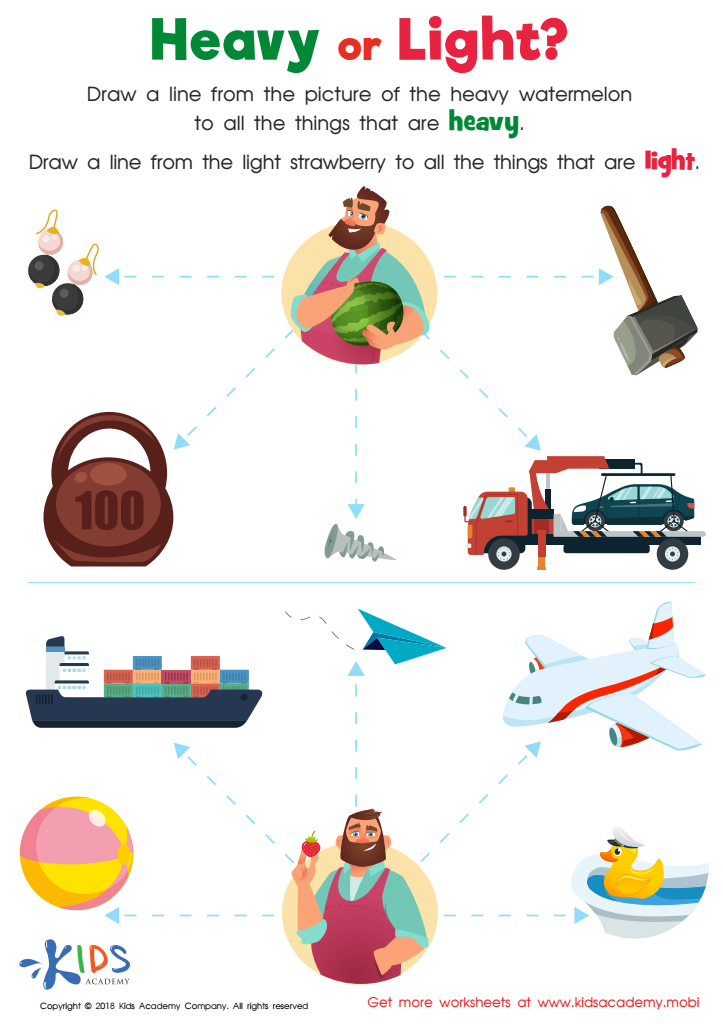

Heavy or Light? Worksheet
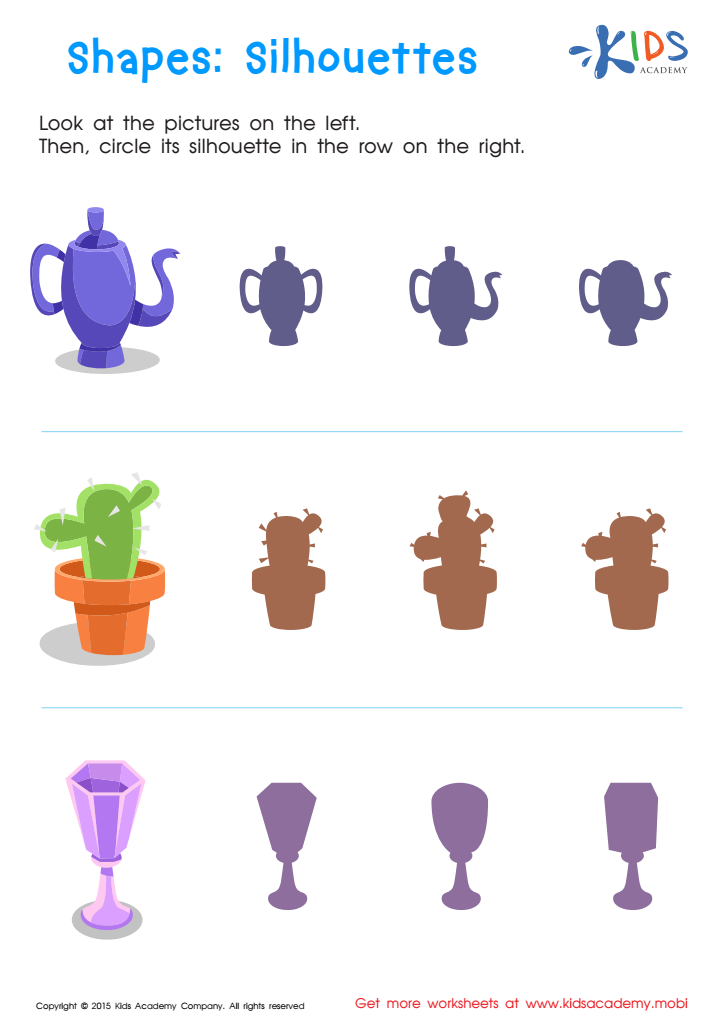

Silhouettes – Shapes Worksheet
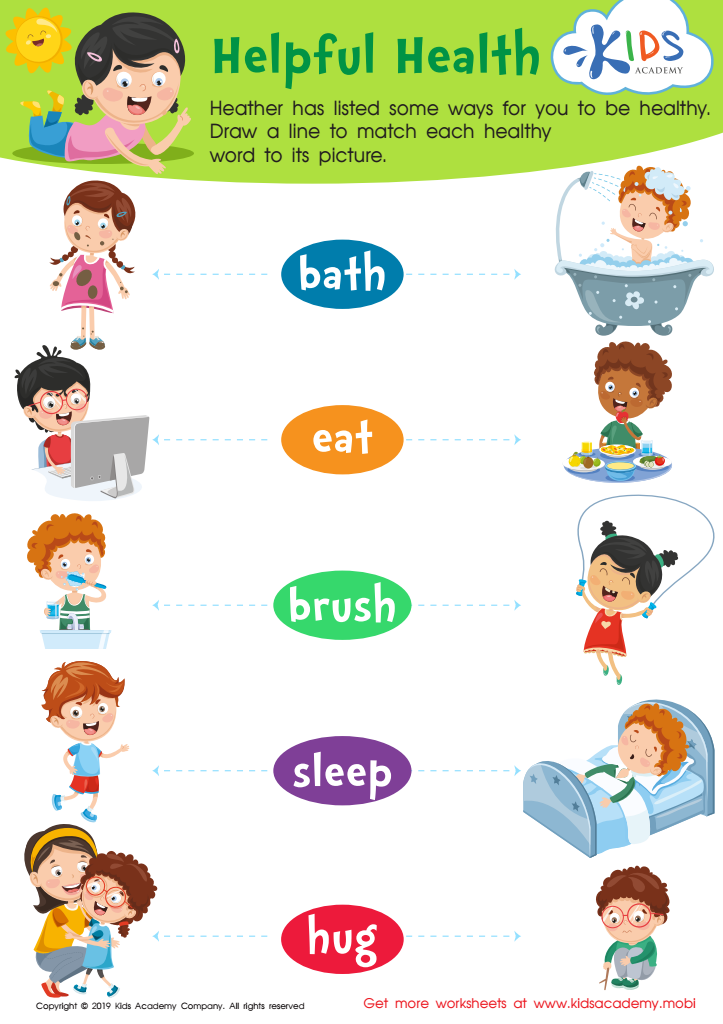

Helpful Health Worksheet
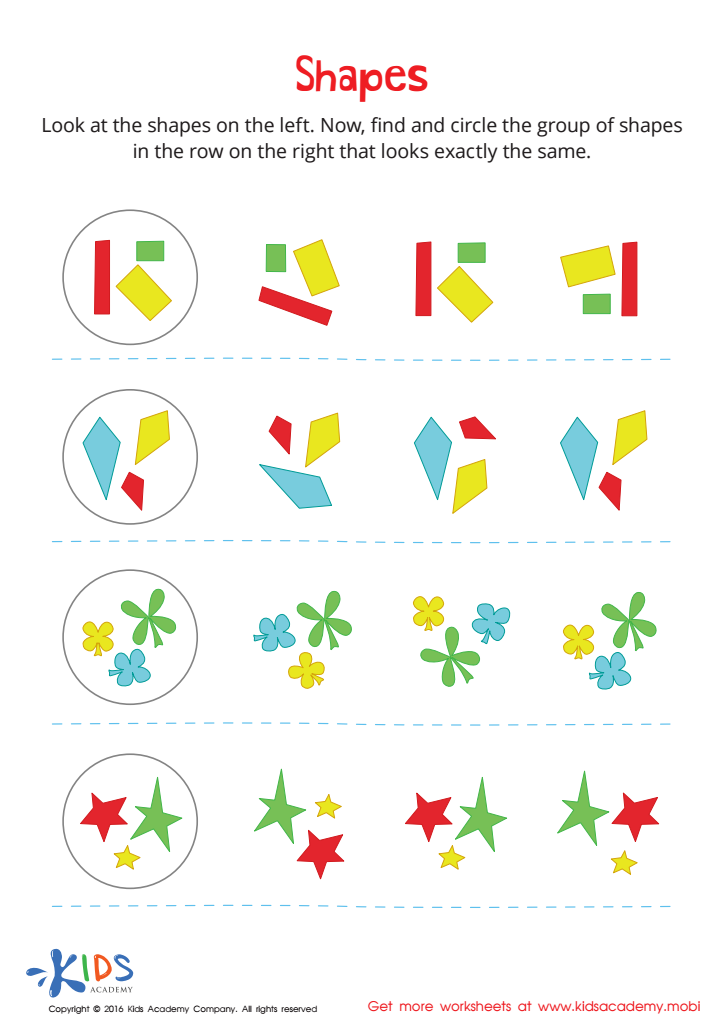

Shapes Worksheet
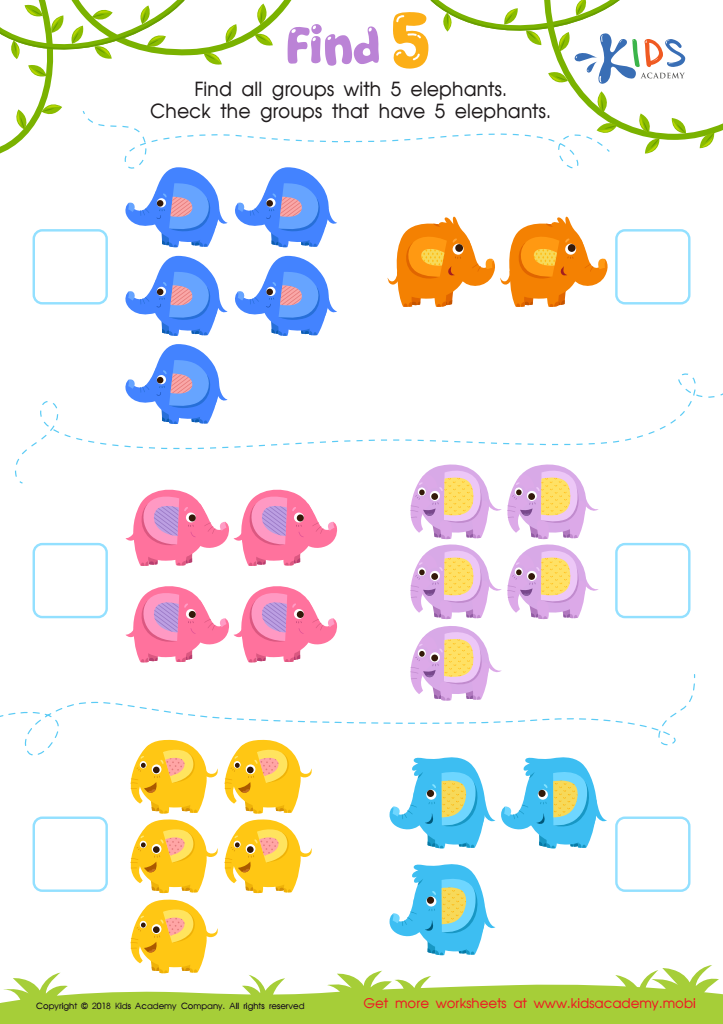

Find 5 Worksheet
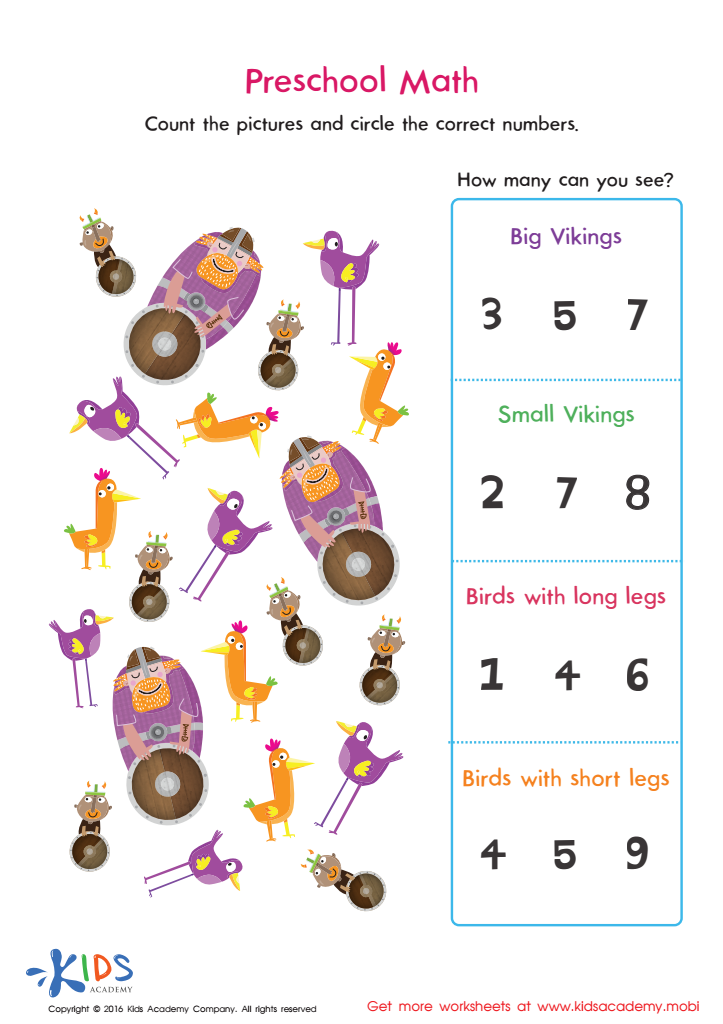

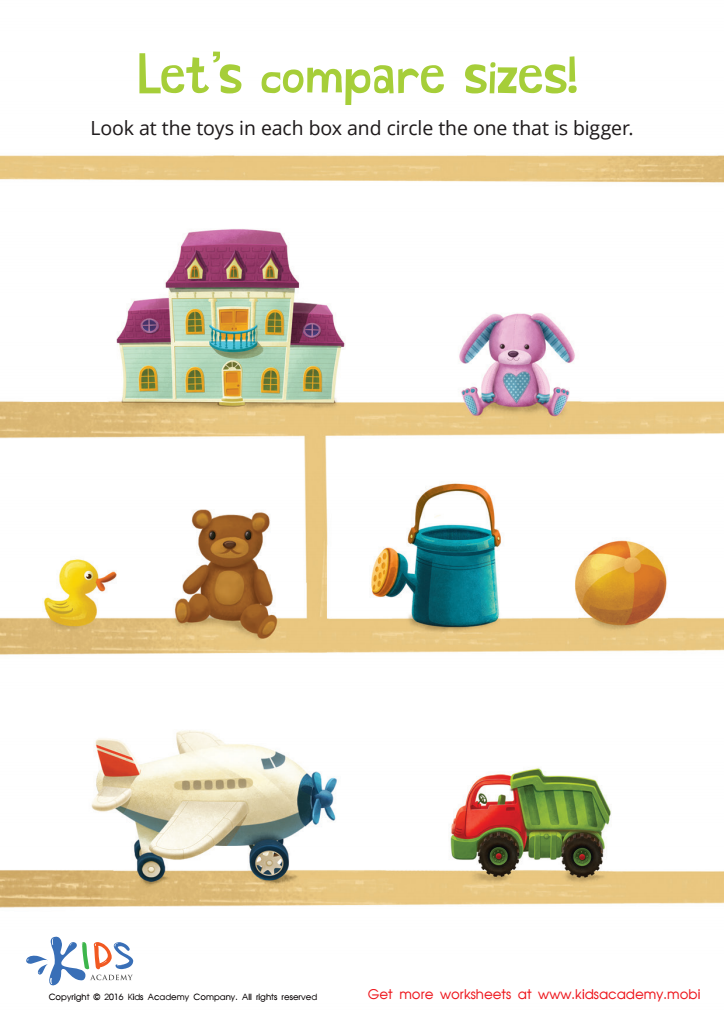

Classifying by Size Sorting Worksheet
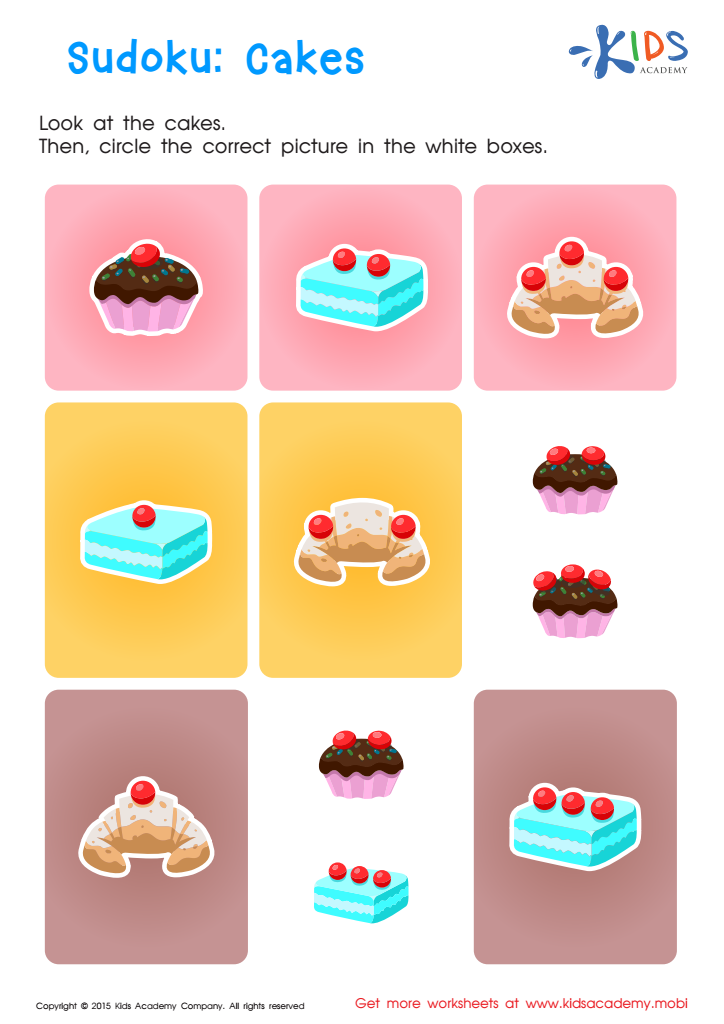

Sudoku Worksheet
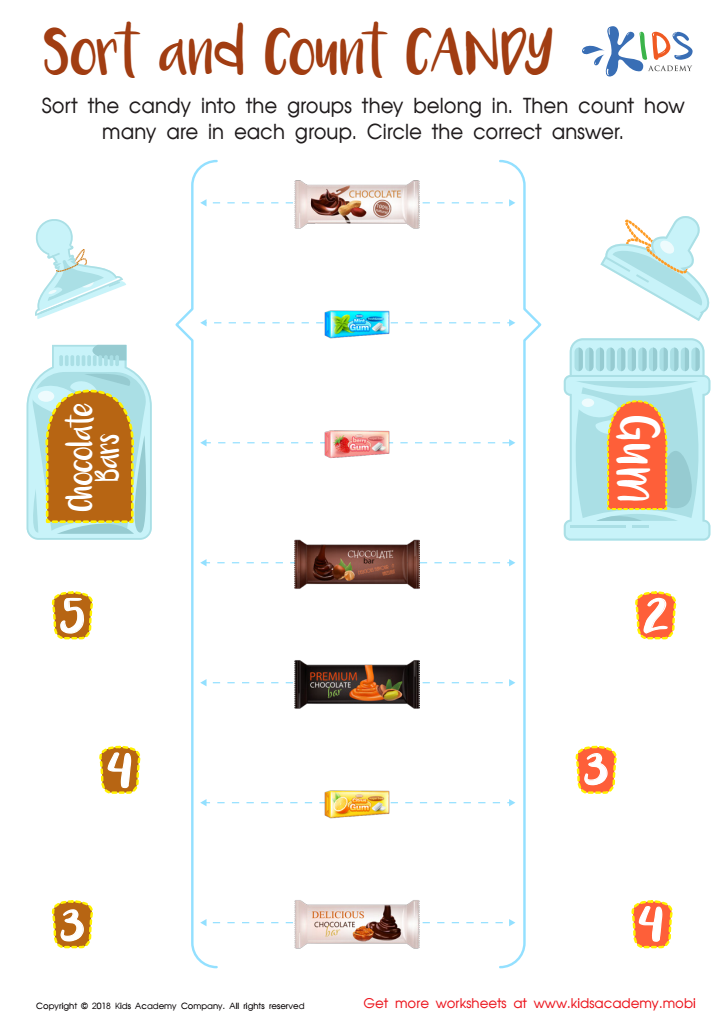

Sort and Count Candy Worksheet
Logical thinking activities are crucial for children aged 6-8 as they serve as a foundation for critical skills like problem-solving, analytical reasoning, and decision-making. At this age, children's cognitive abilities are rapidly developing, and engaging them in logical thinking exercises can enhance their understanding of concepts across subjects such as mathematics, science, and reading.
These activities encourage children to recognize patterns, sequences, and relationships among objects or ideas, fostering their ability to think systematically. For instance, puzzles, games, and engaging discussions can help them articulate their thoughts more clearly, improving both verbal and written communication skills. Moreover, logical thinking activities promote perseverance, as children learn to approach problems with curiosity and resilience rather than frustration.
Parents and teachers should care about these activities because they not only prepare children for academic success but also equip them with essential life skills. Children who can think logically are better positioned to tackle real-world challenges, collaborate effectively with peers, and pursue lifelong learning. By incorporating logical thinking into daily curriculum, educators and parents play a vital role in nurturing more competent, confident, and independent individuals, ultimately enhancing their overall development and emotional intelligence.
 Assign to My Students
Assign to My Students
